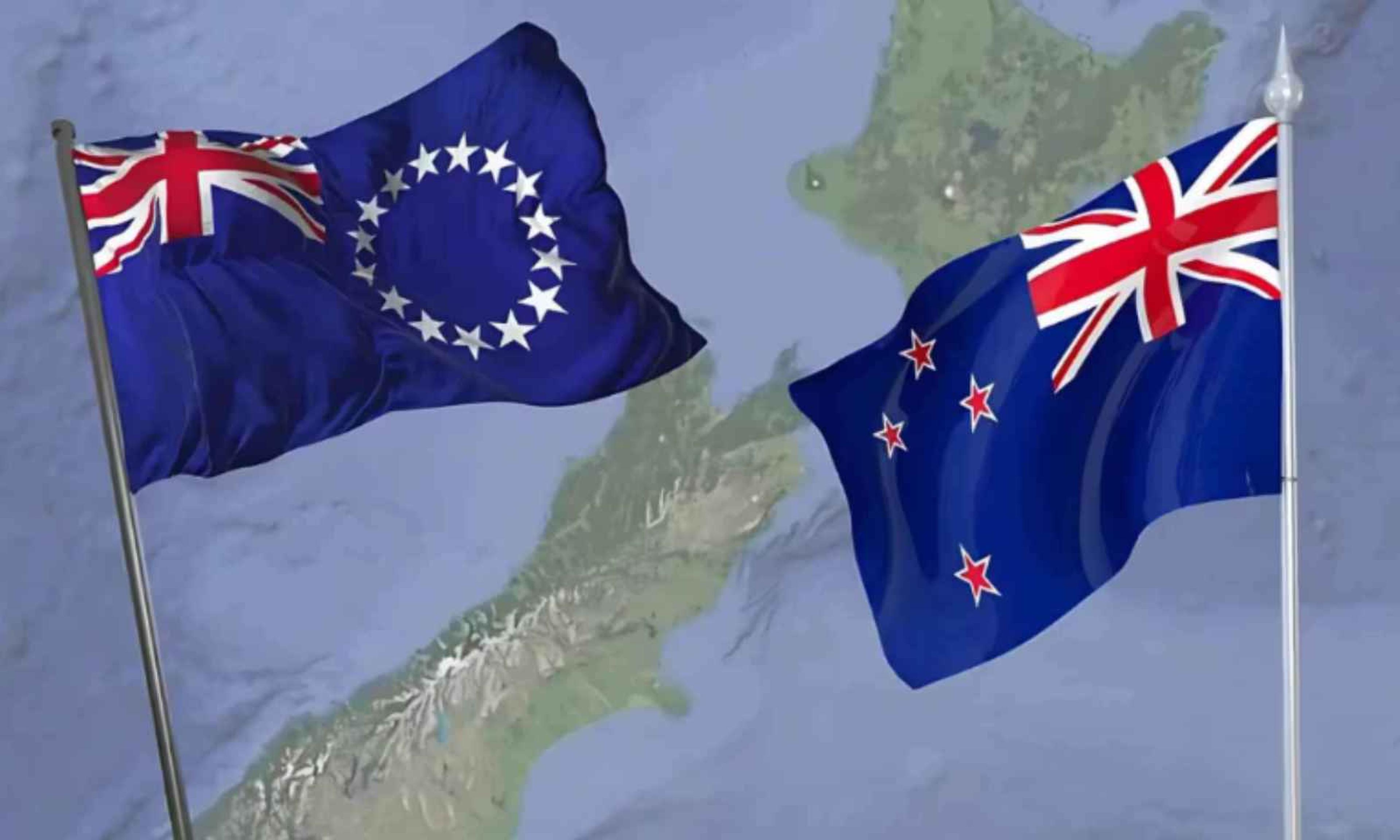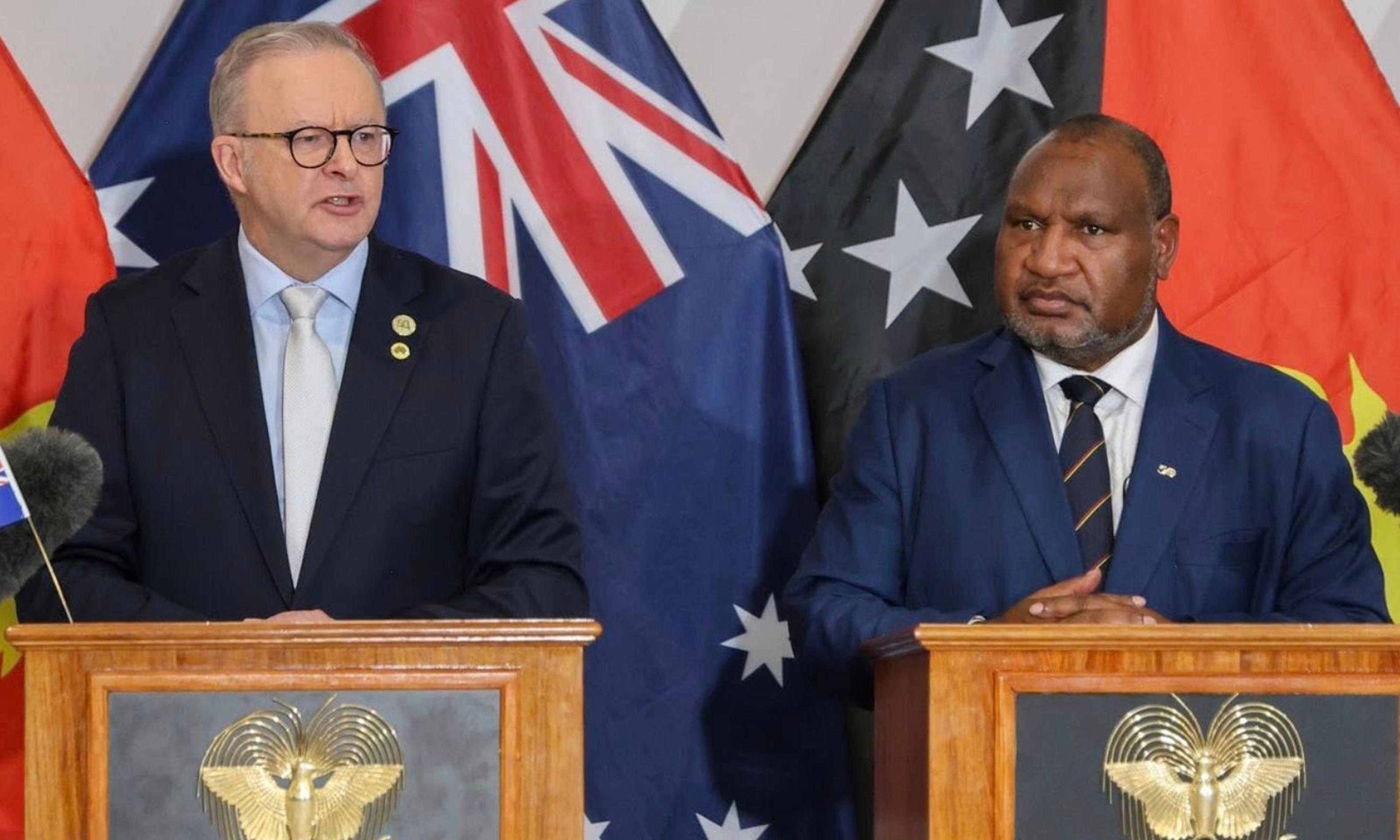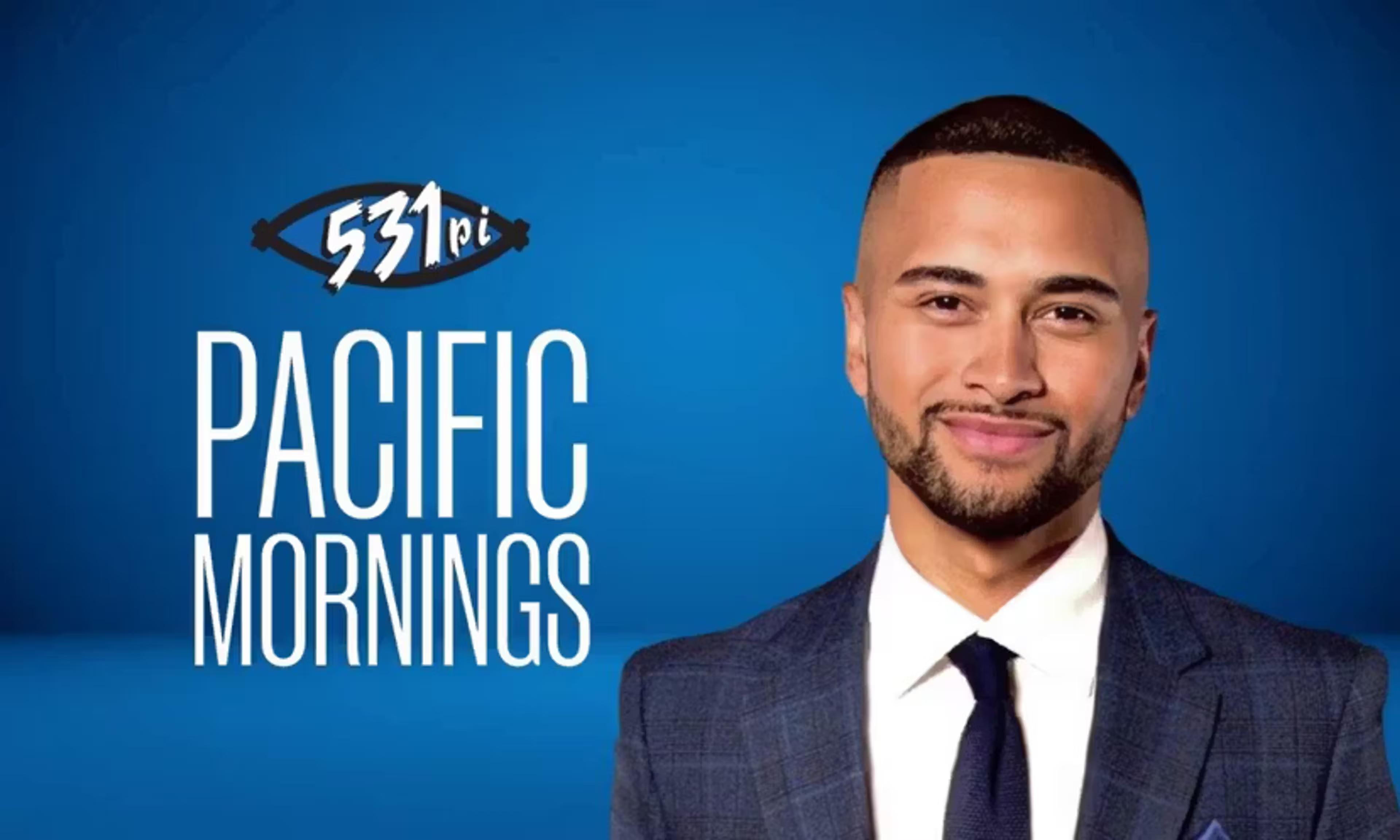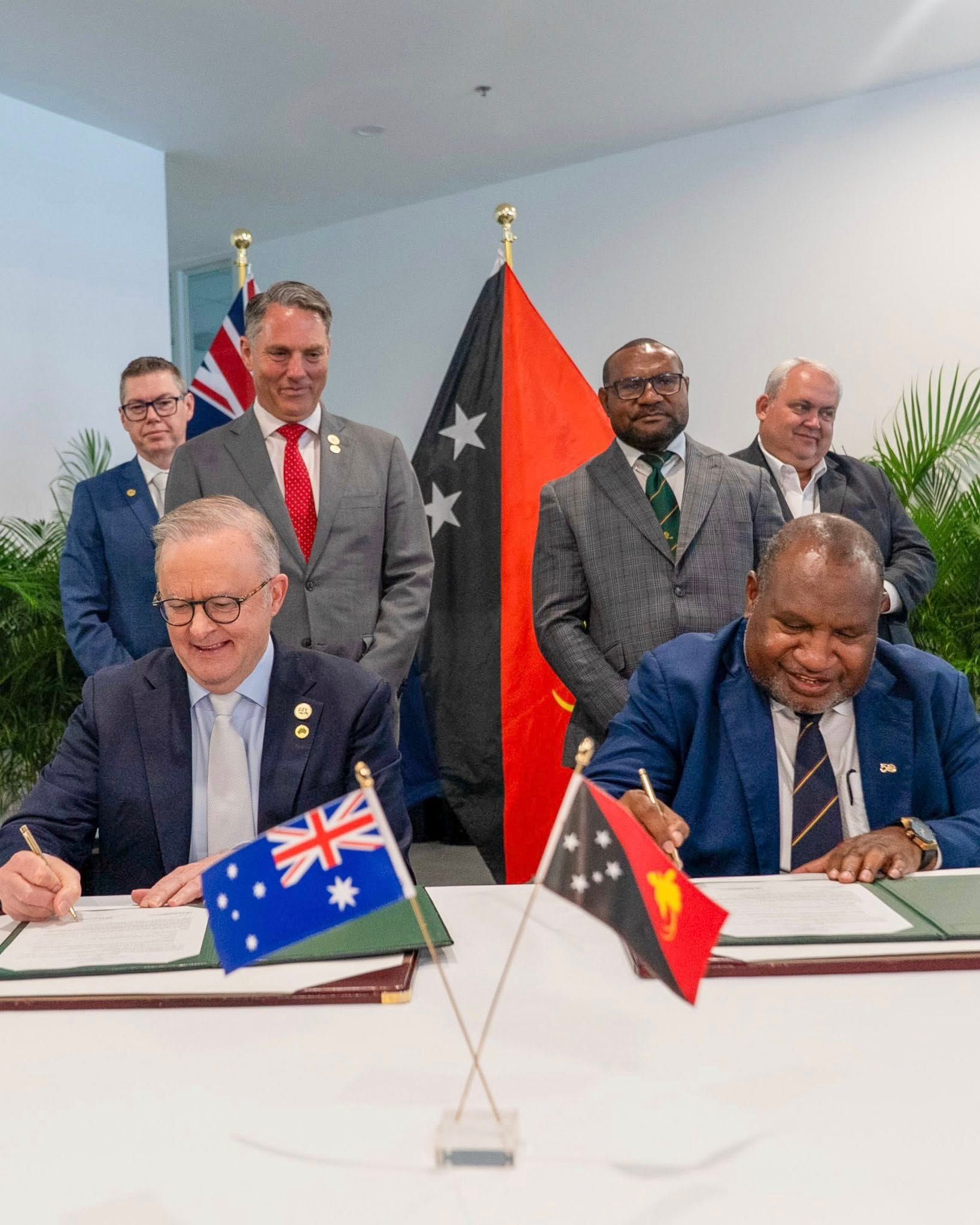

Anthony Albanese and James Marape address the media in Port Moresby this week.
Photo/Facebook/Pat Conroy
PNG's sovereignty concerns delay defence deal with Australia amid China tensions
Australian Prime Minister Anthony Albanese is set to address Beijing’s expanding influence in the Pacific during an important meeting with US President Donald Trump.



Pacific leaders demand fair backing as Moana Pasifika cancels Tonga Super Rugby match

Diamond Langi steps into her boldest era with ‘Yodelay' ft. JKings

Cook Islands projects still delayed as NZ funding suspension continues over tensions


Pacific leaders demand fair backing as Moana Pasifika cancels Tonga Super Rugby match

Diamond Langi steps into her boldest era with ‘Yodelay' ft. JKings
Australia is preparing to discuss the growing influence of China in the Pacific during an upcoming meeting between Prime Minister Anthony Albanese and United States President Donald Trump.
Australia's Ambassador to the US and former Prime Minister, Kevin Rudd, says cooperation between Canberra and Washington is vital, especially in emerging technologies like Artificial Intelligence (AI).
In a televised speech from Washington to the US Studies Centre security conference in Sydney this week, Rudd says that as the competition increases between the US and China in technology and military power, Australia needs to work closely with its allies, focusing on key resources and advanced technologies.
While Rudd did not confirm if Trump and Albanese would meet in person at the United Nations General Assembly in New York next week, he says the relationship between the US and Australia is strong, as shown by the frequent phone calls between the two leaders.
Rudd's comments follow reports that a defence agreement between Australia and Papua New Guinea (PNG) did not go through, partly due to concerns about interference from China.
The deal is set to include the recruitment of PNG citizens into the Australian Defence Forces.
Just a week earlier, Albanese’s plans to sign a similar treaty with Vanuatu also fell apart, raising suspicions of Chinese influence in the region.
Instead of a formal agreement, Albanese and his PNG counterpart, James Marape, ended up signing a brief statement to continue discussions.
When Albanese arrived in Port Moresby this week to celebrate the Pacific island nation's 50th anniversary of independence, he had hoped to finalise a landmark defence pact, but left with only a short joint statement.

Anthony Albanese, left, and James Marape sign a brief statement in Port Moresby. Photo/Facebook/Pat Conroy
The reasons for the setback remain unclear, but it appears there are worries within PNG's government about the implications for its sovereignty under the proposed agreement, known as the Pukupuk treaty.
China's increasing presence is reshaping relationships in the Pacific.
PNG's Defence Minister, Billy Joseph, has suggested that there are outside forces trying to sabotage the agreement. Even the promise of a PNG rugby league team joining the Australian National Rugby League (NRL) in 2028 was not enough to secure the Pukpuk deal.
While the failure to finalise the treaty might seem like a setback for Canberra's strategy in the Pacific, analysts believe it could be more complicated than it seems, and a deal may still be possible.
The Lowy Institute has stated that newly independent Pacific nations may have sensitive concerns around security and infrastructure agreements.
During the 50th anniversary celebrations in Port Moresby, Marape told journalists that it was his government that had sought the agreement with Australia, and not the other way round. He added that he was concerned about being able to protect his citizens during a military threat.

The Pukpuk Treaty is set to include recruitment of PNG citizens into the Australian Defence Forces. Photo/Australian Department of Defence/CPL Jack Pearce
Albanese reminded everyone that democracies work through established procedures, which can take time.
Meanwhile, former US deputy secretary of state Kurt Campbell has warned that China aims to disrupt Australia’s efforts in the Pacific, including blocking joint initiatives.
“The politics of the Pacific are increasingly contested, and the great game is afoot,” Campbell told the National Press Club in Canberra this week.
“What Australia has done in a comprehensive fashion in PNG, beginning with sport, looking at training, and then also focusing on security, I think, is ingenious and important.”
When approached by journalists on Wednesday, Australia's Pacific Minister, Pat Conroy, remained optimistic about the situation, saying that Canberra respects the leaders in the Pacific region.
Conroy says he is confident that the Pacific leaders understand the benefits of a formal alliance with Australia, even if they faced a minor delay in logistics.
“We have been open and transparent. We hit a logistical delay." Currently, only the US and New Zealand share that status with Canberra.
Some experts believe that, though the situation doesn't spell disaster for Australia's foreign policy, the Pukpuk defence deal is likely to be finalised by the end of 2025.
One analyst notes that Australians sometimes rush decisions and that negotiations in Melanesian countries can naturally take time.